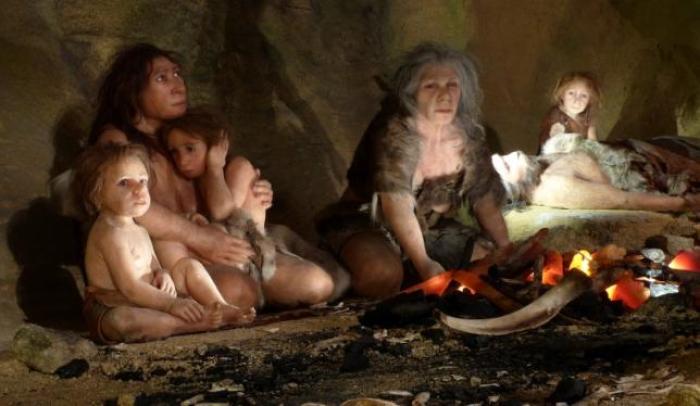Neanderthals and Humans Interbred, Produced Hybrid Babies, Scientists Claim

Scientists have presented evidence for what they argue is interbreeding behavior between Homo sapiens and Neanderthals that might have influenced changes to humans' metabolism and immune systems.
Researchers in the journal of Science noted that although Neanderthal sequences that persist in the genomes of modern humans have been identified in Eurasians, there was a lack of comparable studies when it comes to Neanderthals and Denisovans. Genetic information from close to 1,500 people around the world has now led them to believed that early humans interbred with Neanderthals and Denisovans.
As CNN pointed out, Denisovans are believed to be related to Neanderthals but were genetically different, and were also distinct from modern humans.
The latest research showed that people even in Melanesia have traces of Denisovan DNA, even though they live far away from the Siberian region that Denisovans are believed to have thrived in.
University of Washington evolutionary geneticist Joshua Akey, who helped lead the study, claims the report shows that human ancestors interbred with other hominins following their migration away from Africa 50,000 years ago.
"It is still not exactly clear when and where Melanesian ancestors crossed paths with Denisovans, but our best guess is somewhere in mainland Southeast Asia," Akey told CNN.
"What was surprising from our study is that it revealed the history of contact with Neanderthals was more complicated than previously anticipated," he added.
The researcher suggested that the hybrid babies paved the way for evolution in human biology that gave people infection-fighting advantages.
"Many of these genes are involved in immunity and likely helped our ancestors fight new pathogens that they were exposed to as they dispersed into new environments," Akey argued.
The report concludes that despite the latest findings, a lot of research remains to be carried out on the patterns of genomic variation concerning humans, Neandertals, and Denisovans.
Creationist groups that oppose such evolutionary claims, such as Ken Ham's Answers in Genesis, have argued that Neanderthals should not be considered "soulless human-like bipedal beings," but as creations of God, like humans.
"How much knowledge of the true God these groups retained, we do not know. However, as the not-too-distant descendants of Noah's family, it is possible those unrecorded discussions around some campfires concerned the things of God and that as they gazed up at the stars they recognized the hand of their Creator," AiG's Elizabeth Mitchell wrote in April 2015.
"But neither culture nor time nor geography nor lack of literacy nor any anatomical distinction alters the fact that the proper place for Neanderthals and all other extinct human beings was among the descendants from Adam and Eve, all made in the image of their Creator just as we are," she added.




























